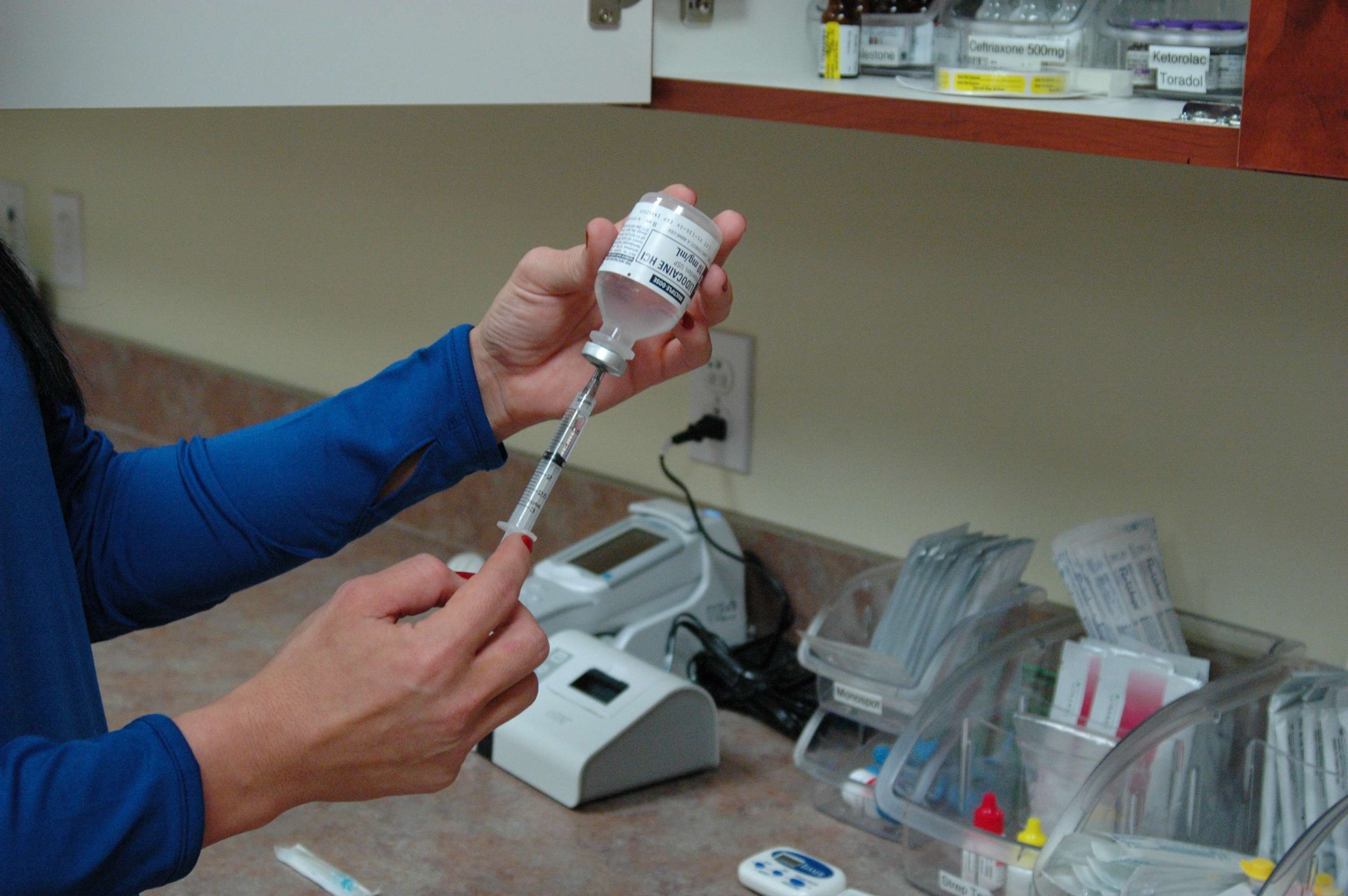In December 2020, three new variant strains of the SARS-CoV-2, the virus that causes COVID-19, have been detected in the UK, South Africa, and Nigeria. The new variant strains are reportedly more infectious than the pre-existing strains of SARS-CoV-2. The emergence of these more contagious variant strains has rung alarm bells across the globe. The variant strains have surfaced at a time when many countries have either started or have begun preparations for mass COVID-19 vaccination. Although much remains to be known about the new strains, experts believe that they are unlikely to cause more severe illness or increase the risk of death. A lot of people are also wondering if the COVID-19 vaccines would be able to provide immunity against the new Coronavirus strains.
New variant strains of SARS-CoV-2
Most viruses mutate over time. This is true for SARS-CoV-2 as well. Once inside the body of a host, a virus replicates to produce more copies of itself. Sometimes, an error during the replication process can create an inexact copy of the genetic material of the virus. This mistake is scientifically referred to as mutation.
The general material of SARS-CoV-2 is in the form of RNA. The RNA is a string composed of compounds called nucleobases. There are 4 nucleobases in the RNA - adenine, uracil, guanine and cytosine. A mutation occurs when there is an insertion, deletion or replacement of one nucleobase with another.
The mutations in the RNA of the SARS-CoV-2 has resulted in the evolution of new highly infectious variants strains of the virus. The new variant strains and the country where they were first detected are:
1. B.1.1.7 or VOC 202012/01 - United Kingdom
This strain is believed to have emerged in the UK in September 2020. It is estimated to be 56% more transmissible than other preexisting variants of SARS-CoV-2. The variant is defined by 23 mutations, of which 17 mutations have made changes to the spike protein on the virus surface. The most significant mutation in VOC 202012/01 is N501Y. This particular mutation has made the strain more contagious by allowing the viral protein to bind more tightly with the angiotensin-converting enzyme 2 receptor (ACE2 receptor) on the surface of human cells. Another major mutation in VOC 202012/01 is 69-70del. This mutation has been observed in viruses that evade the natural immune response in certain people with a compromised immune system.
2. B.1.351 or 501Y.V2 - South Africa
This variant strain was reported by the health department of South Africa on December 18, 2020. Since then, the strain has been detected in certain samples dating back to October 2020. Like the VOC 202012/01, this variant too has the N501Y mutation. However, unlike VOC 202012/01, it does not contain mutation 69-70del.
3. B.1.207 - Nigeria
Not much is known about this variant strain. Genomic analysis has revealed that it has only one mutation (P681H) in common with the VOC 202012/01 variant strain.
According to medical researchers, there is no evidence to suggest that any of these variant strains is associated with an increased risk of more severe illness or death.
Will the approved COVID-19 vaccines provide immunity against the new strains?
Although testing the new variant strains will take some time, most scientists believe that the approved vaccines will most likely be effective against the new strains. Scientists know that a virus is a moving target that is why they develop vaccines that are resilient to mutations. Moreover, the vaccines are approved only after testing them against most of the circulating variants of the virus. Even if the virus undergoes further mutation, experts say that the COVID-19 vaccines can be tweaked or ‘reprogrammed’ to remain effective against the newer strains.
Conclusion
The emergence of the new variant strains has once again highlighted the fact that the SARS-CoV-2 is not static. It is will continue to mutate further. According to scientists, the new variants are unlikely to increase the risk of severe symptoms, illness, or death. However, one worrying aspect of these new variant strains is their increased transmissibility. In order to protect oneself against these variant strains, it is essential to practice COVID-19 precautions more diligently than ever before.
If you have any questions on the Coronavirus and its variants, you can:
Consult a COVID-19 Expert







